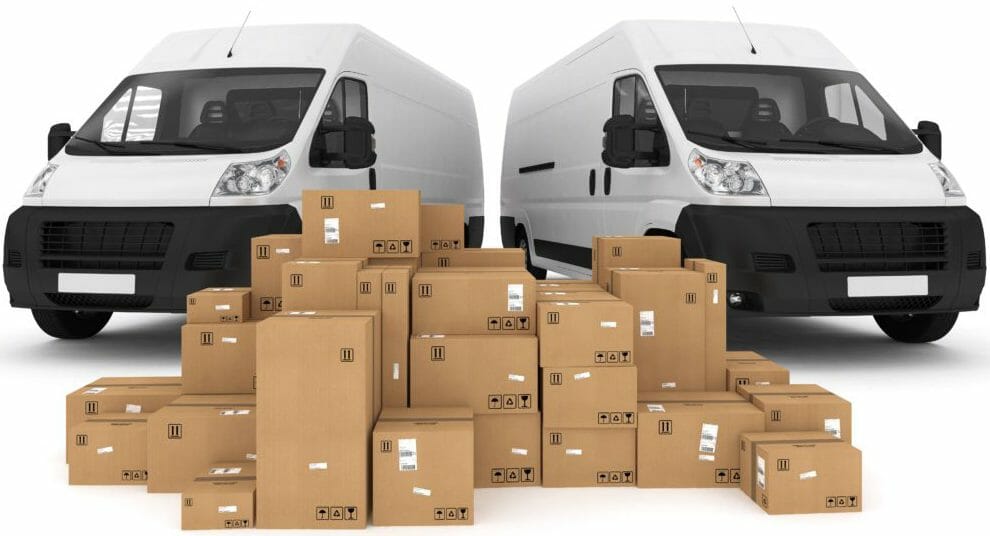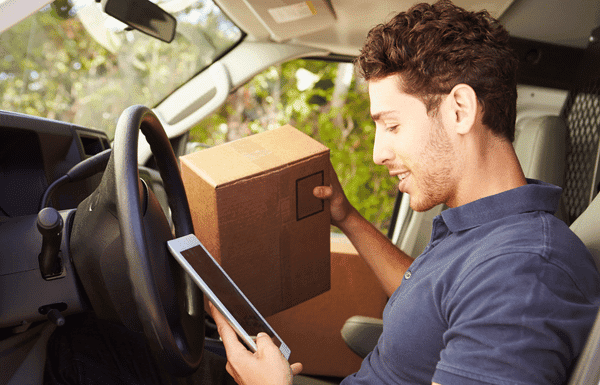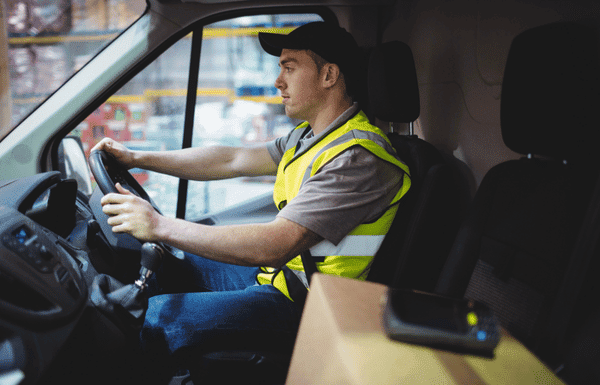Starting a delivery business can be a profitable and rewarding venture, especially as e-commerce and local deliveries continue to grow in demand. Whether you’re considering local food delivery, parcel delivery, or even specialized courier services, here’s a step-by-step guide to help you start your own delivery business.
1. Identify Your Niche and Service Area
The first step in starting a delivery business is defining your niche. Consider what type of deliveries you want to offer, such as food, grocery, parcel, or specialized courier services. Each niche has its own demands and customer expectations, so choose one that aligns with your skills and market needs. Additionally, determine your service area. Are you delivering locally, regionally, or even nationwide? Starting with a specific area allows you to establish a strong customer base before expanding.
2. Create a Business Plan
A well-thought-out business plan serves as your roadmap to success. Outline your business goals, target market, budget, and expected expenses. Include details on your pricing model, whether you’ll charge per mile, per package, or by delivery zone. Think about how you’ll differentiate your services—offering faster delivery times, specialized services, or competitive pricing can make your business stand out in a crowded market. Your plan should also consider projected earnings, any required financing, and a marketing strategy.
3. Choose the Right Vehicle and Equipment
Your vehicle is one of the most essential investments for a delivery business. Choose a vehicle based on your niche: a car or van for small parcel deliveries, a bike for urban food deliveries, or a truck for larger items. Ensure that your vehicle is fuel-efficient, reliable, and equipped with ample cargo space. You’ll also need basic equipment such as GPS for route planning, a smartphone for app-based deliveries, and delivery bags or boxes to keep items secure.
4. Get the Necessary Licenses and Insurance
Operating a delivery business requires the right licenses and insurance. Check with your local authorities to determine if you need a business license or any specific permits. Insurance is essential to protect yourself and your assets. In addition to standard auto insurance, consider commercial vehicle insurance and goods-in-transit coverage to protect your cargo. Public liability insurance may also be beneficial, especially if you’re handling fragile or high-value items.
5. Develop a Pricing and Payment System
Your pricing structure should be competitive while covering expenses like fuel, vehicle maintenance, and insurance. Calculate how much you’ll need to charge per delivery to ensure a reasonable profit. Many delivery businesses use tiered pricing based on distance, package size, or delivery speed. Additionally, set up a payment system that allows customers to pay conveniently, whether through credit cards, digital wallets, or cash on delivery.
6. Build an Online Presence and Market Your Business
Creating an online presence is essential for attracting customers. Develop a website where customers can book deliveries and view your services. Leverage social media platforms to promote your business locally and post regular updates, special offers, or customer testimonials. Joining local business directories and networking with local businesses can help you build relationships and gain referrals.
7. Prioritize Customer Service
Excellent customer service is the backbone of any successful delivery business. Be punctual, polite, and responsive to customer queries. Positive experiences lead to repeat business and word-of-mouth referrals, which are invaluable for a growing business. Consider offering customer feedback options to continuously improve your service quality.
Conclusion
Starting your own delivery business requires planning, investment, and commitment, but it can be highly rewarding. By choosing the right niche, organizing your logistics, obtaining proper licensing, and focusing on excellent customer service, you’ll be well on your way to building a successful delivery business. With the demand for fast and reliable delivery services on the rise, now is an ideal time to enter this growing industry.




